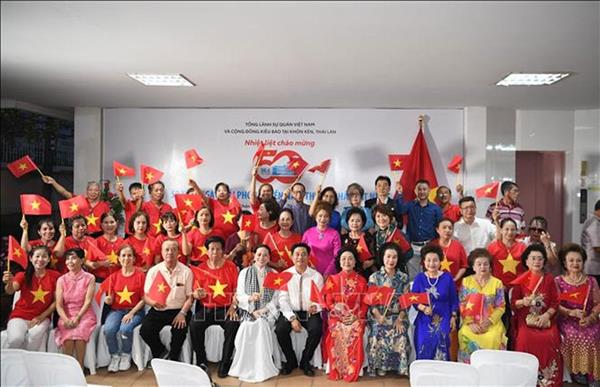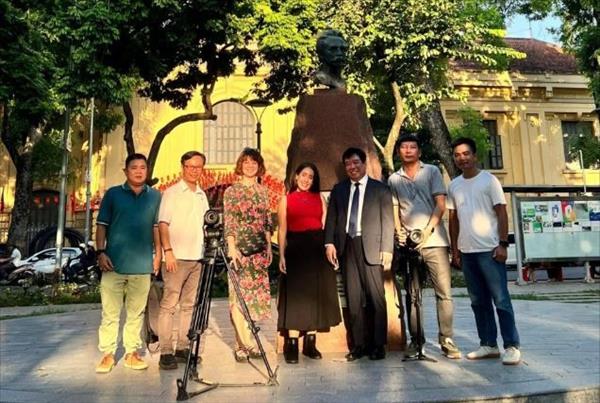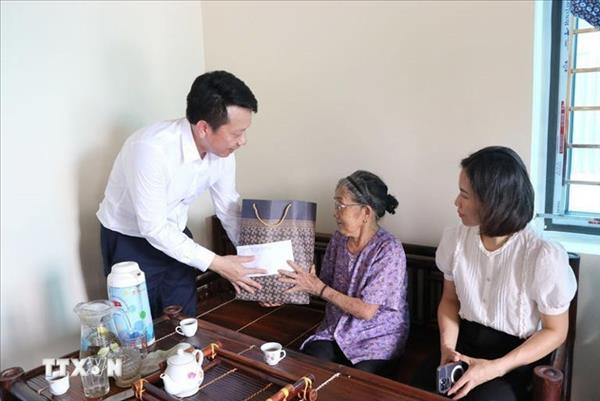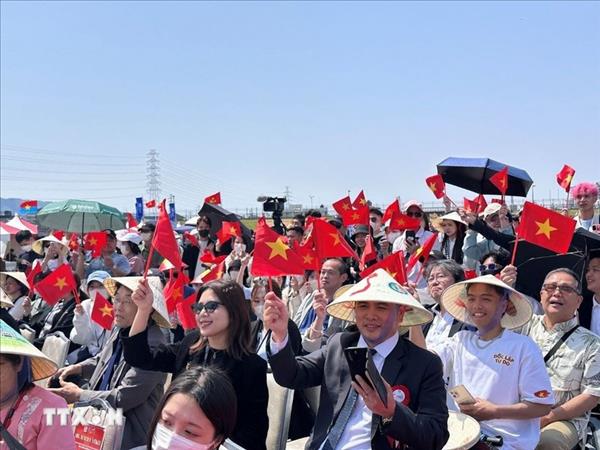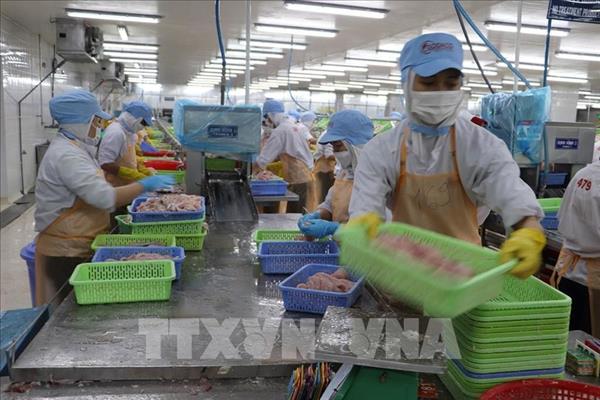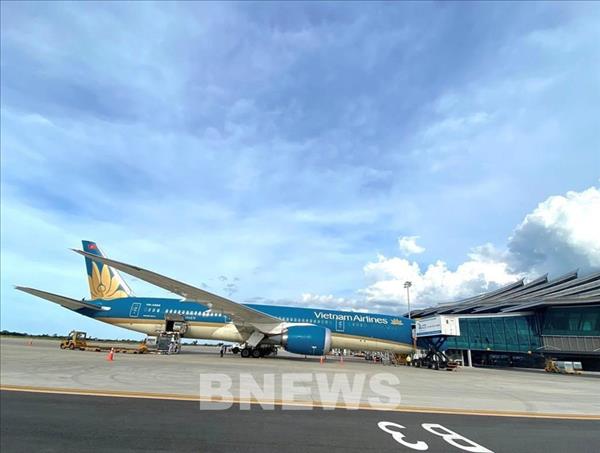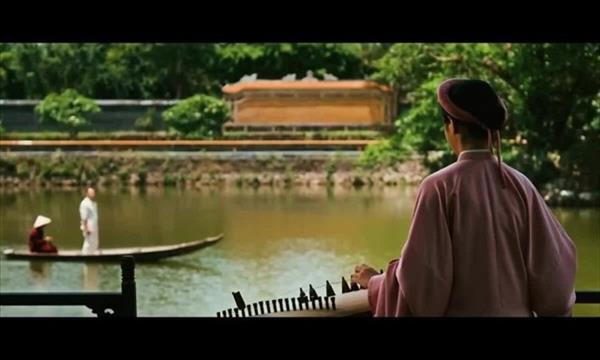At each checkpoint, the city police, in cooperation with traffic inspectors, health staff and civil defence officers of districts and towns, are working around the clock to control the flow of all vehicles and people returning to or travelling out of the city.
The checkpoint officials take turns measuring the body temperature of people entering the city and requiring them to fill in health declarations at gateways connecting Hanoi and northern provinces of Ha Nam, Hung Yen, Bac Giang, Bac Ninh, Phu Tho, Hoa Binh, Vinh Phuc, Lang Son and Thai Nguyen.
Those who are suspected of being infected with the coronavirus or from pandemic hotspots must take COVID tests and get the all-clear before entering the city.
Chu Xuan Dung, vice chairman of the city’s People’s Committee, said the checkpoint officials would review the COVID-19 prevention work on all vehicles, including checking the COVID test results of drivers and give rapid tests to those who had not yet taken one.
"Car drivers, garbage collectors and sanitation workers at the checkpoints will also be required to take rapid and PCR tests to minimise the risks,” he said.
Dung asked people to avoid travelling to HCM City and other hotspots. He said measures would be taken effectively to avoid traffic congestion at these checkpoints.
The city’s police also announced that public transport vehicles from 14 localities with COVID-19 cases are not allowed to enter the city.
Taxis, contract buses or passenger buses from HCM City, Binh Duong, Dong Nai, Khanh Hoa, Phu Yen, Dak Lak, Quang Ngai, Quang Nam, Da Nang, Thua Thien-Hue, Ha Tinh, Nghe An, Thanh Hoa, and Ha Nam are required to turn back as a way of curbing the pandemic spreading in the city. Exceptional cases such as vehicles carrying experts, officials, workers of State agencies or industrial zones and those completing quarantine period must have approval from competent agencies.
By July 14 afternoon, Hanoi had recorded 542 COVID-19 cases in the country’s fourth coronavirus wave since late April. The city required non-essential services such as dine-in restaurants, food and beverage establishments, hair salons and barbershops to be closed from July 13. Outdoor physical activities and gatherings in public places have also been suspended./
VNA/VNP

